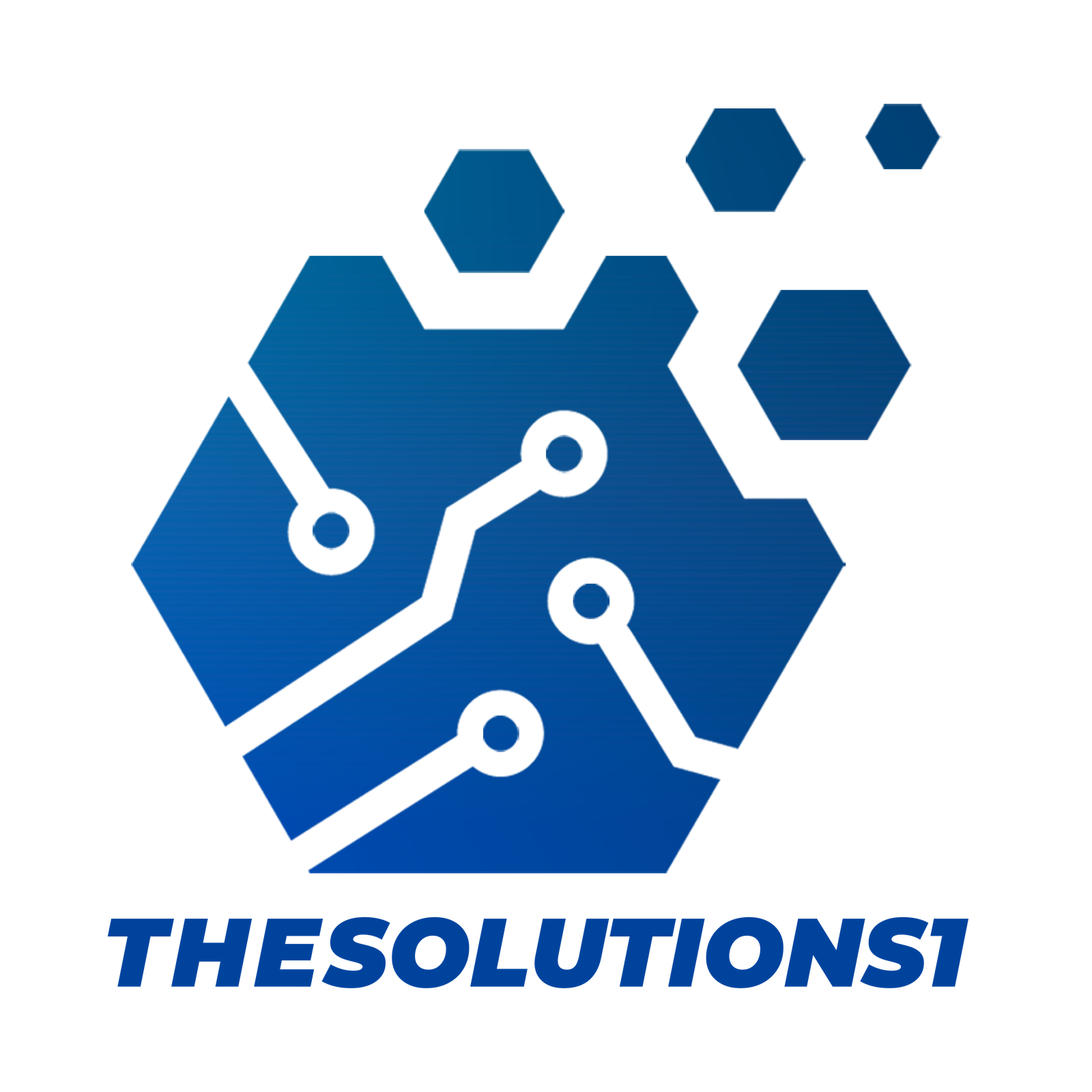The artificial intelligence revolution is no longer creeping forward—it’s sprinting. In my recent conversation with Brett Roscoe, Senior Vice President and General Manager of Data Governance and Cloud Operations at Informatica, we explored the findings from their CDO Insights 2025 report that reveal both the explosive growth in AI investment and the obstacles companies are encountering on their journey.
What struck me most during our discussion wasn’t just the sheer scale of financial commitment—with 87% of companies increasing their generative AI investments in 2025—but the widening competitive chasm between early adopters and those hesitating to embrace AI’s transformative potential.
The Investment Stampede Is Real
The enthusiasm for generative AI isn’t just talk—it’s backed by serious capital. As Roscoe explained during our conversation, “87 percent of our customers… are increasing their investments in gen AI in 2025. Now that was already on top of what they’ve done to increase it in 2024.”
This investment surge isn’t happening in isolation. Alongside their AI spending, 86% of organizations are simultaneously boosting their investment in data management practices to support these initiatives. This dual-track approach signals a growing recognition that successful AI implementation requires robust data infrastructure.
What are companies hoping to achieve? According to Roscoe, “the biggest areas were operational efficiency… and enhancing customer experiences or employee experiences.” These goals are already materializing in companies like CN Rail, which has slashed data preparation time from months to just two weeks, creating the foundation for accelerated AI project development.
The Early Adopter Advantage Is Widening
Perhaps the most compelling insight from our conversation was the growing evidence that AI early adopters are pulling ahead—and fast. As Roscoe noted, “Early adopters of AI had a big advantage. In fact, to the point where these early adopters saw something like 35 percent cost decreases and 58 percent growth attributed to their Gen AI projects.”
This isn’t incremental improvement—it’s transformative change. When McKinsey surveyed organizations already deploying generative AI, they found that, on average, these companies attributed 20% of their EBITDA to their AI initiatives. Numbers like that aren’t just competitive advantages—they’re existential threats to laggards.
I’ve observed this dynamic firsthand across industries: the gap between AI leaders and followers isn’t stable—it’s expanding daily. Every organization that doesn’t see itself as AI-enabled is falling further behind those that do. This creates a powerful incentive for companies to push ahead despite challenges.
The Hidden Obstacles To AI Success
While investment enthusiasm runs high, implementation reality is more sobering. The CDO Insights 2025 report revealed that a staggering 97% of organizations struggle to demonstrate business value from their generative AI investments—a significant roadblock to securing continued funding and executive buy-in.
Technical challenges are equally prevalent, with 92% reporting that issues like data quality, responsible AI use, and compliance concerns are delaying the progression from proof-of-concept to production. As Roscoe emphasized, companies are grappling with questions like: “How will this AI model behave? What risks are associated with putting this into production?”
In my experience working with organizations across sectors, I’ve observed additional barriers: executive teams not thinking ambitiously enough, scattered pilot projects without strategic cohesion, leadership knowledge gaps, skills shortages, cultural resistance, and data silos that prevent AI from reaching its potential.




